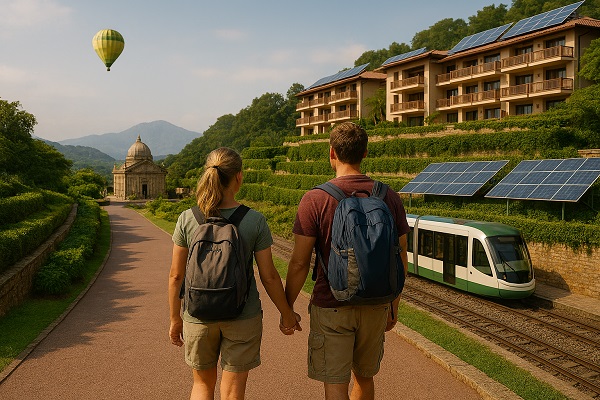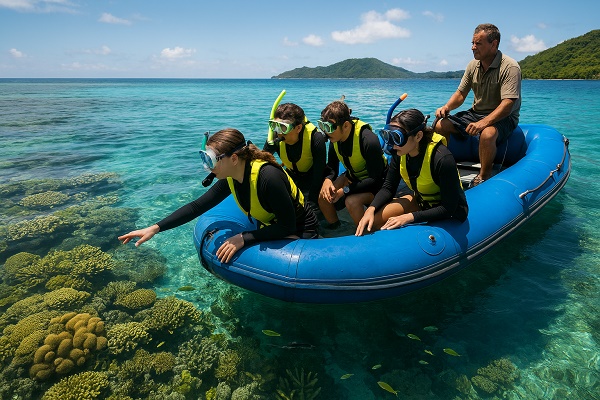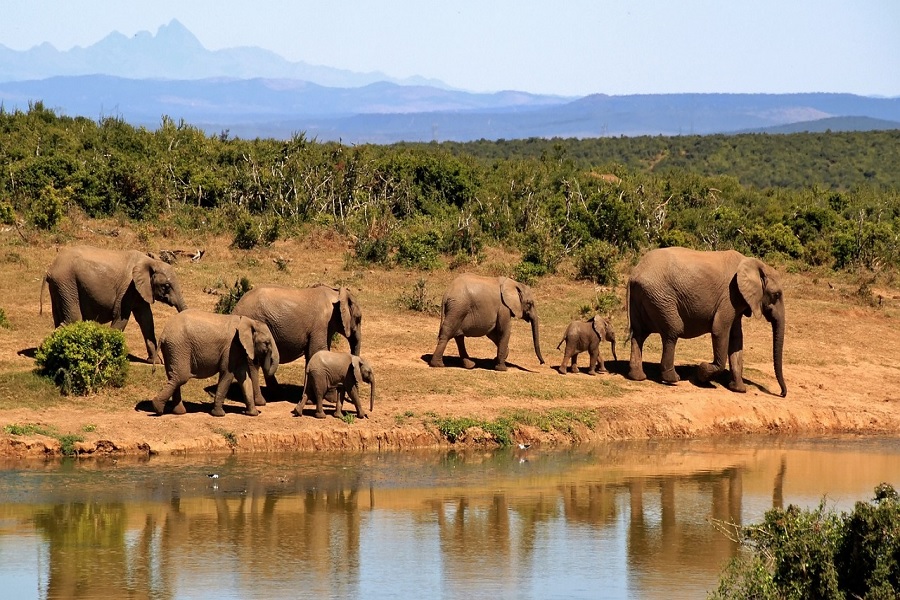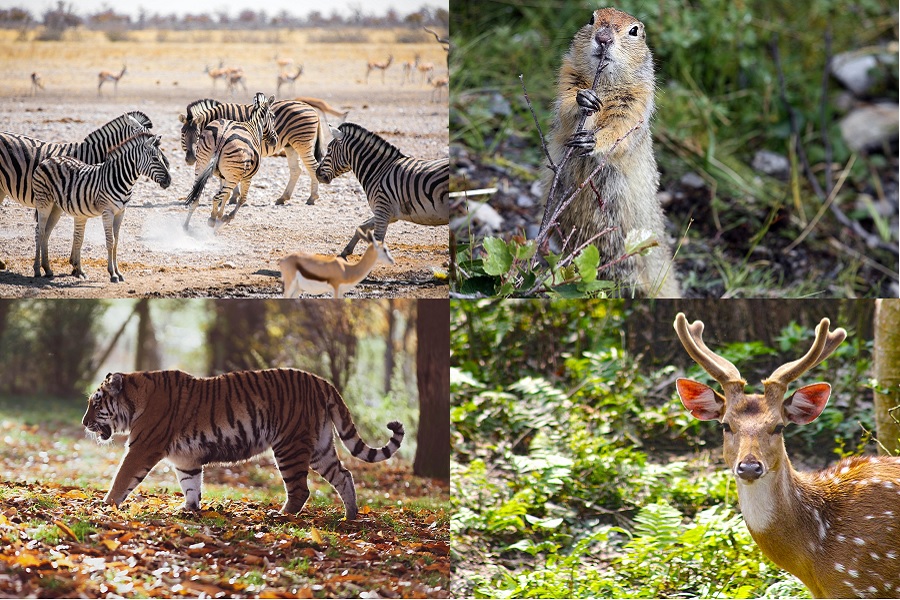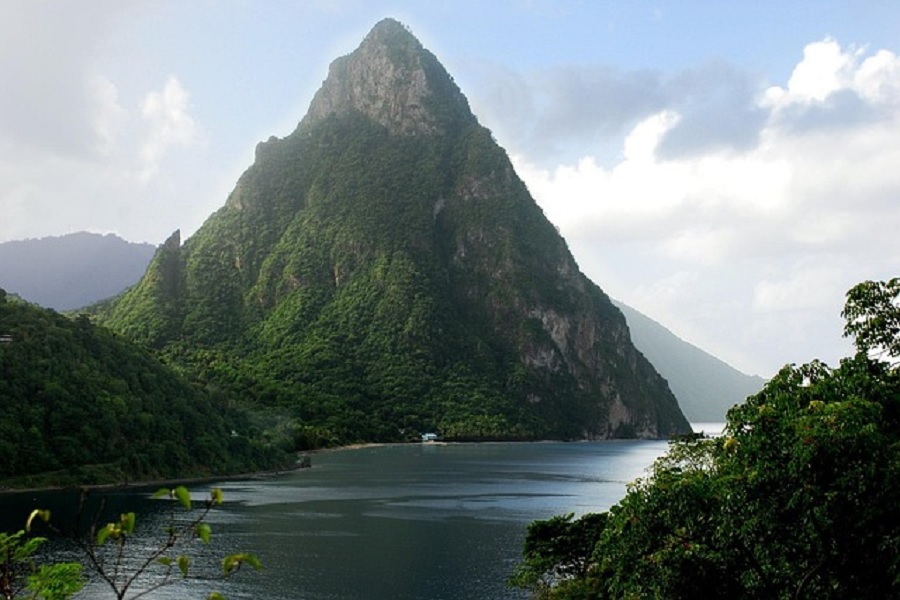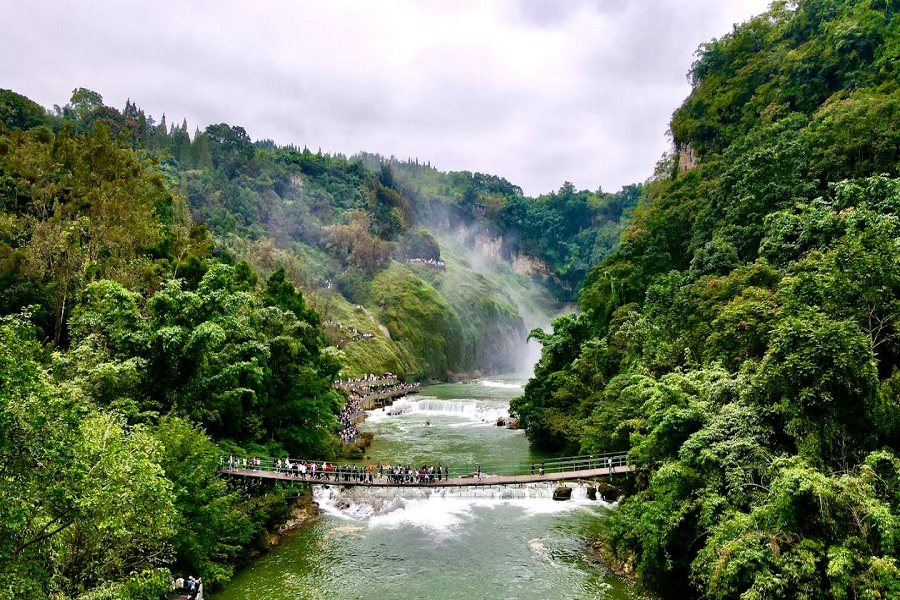The Rise of Ecotourism: Traveling Responsibly in the Modern World

In the last few decades, the way people travel has undergone a profound transformation. As climate change, biodiversity loss, and environmental degradation become increasingly urgent global issues, travelers around the world are seeking ways to explore more responsibly. This growing consciousness has given rise to ecotourism—a form of travel that focuses on sustainability, community well-being, and the preservation of natural habitats.
Unlike traditional tourism, which often emphasizes comfort, entertainment, and luxury, ecotourism promotes mindful exploration. It encourages travelers to immerse themselves in nature, respect local cultures, and minimize their impact on the environment. Ecotourism destinations often include national parks, wildlife sanctuaries, mountain villages, and marine reserves—places where the beauty of the planet can be experienced in its purest form.
What Makes Ecotourism Different?
At its core, ecotourism is built on three key principles—conservation, community, and education. It aims to conserve natural environments, empower local communities, and educate travelers about sustainable living. For instance, in Costa Rica, travelers can explore lush rainforests and volcanoes while contributing to reforestation programs. In India’s Western Ghats, visitors can stay in eco-lodges that run on renewable energy and employ local villagers. Meanwhile, in Kenya’s Maasai Mara, ecotourism initiatives help fund wildlife protection and provide income for indigenous communities.
Positive Impact on Local Communities
Ecotourism has proven to be a lifeline for rural and indigenous populations. It generates employment opportunities in areas such as guiding, hospitality, handicrafts, and conservation work. Instead of large corporations dominating the tourism industry, ecotourism encourages community-based ownership, where locals benefit directly from visitor spending. This not only helps preserve traditional ways of life but also incentivizes the protection of natural resources.
Technology and Sustainable Innovation
Modern travelers now have access to a range of digital tools that make sustainable travel easier. From apps that track carbon emissions to platforms offering eco-certified accommodations, technology is helping travelers make more responsible choices. Electric transportation, solar-powered resorts, and biodegradable travel products are also redefining the tourism landscape, ensuring that convenience doesn’t come at the planet’s expense.
Educational and Emotional Connection
Ecotourism isn’t just about traveling—it’s about learning and transformation. Whether it’s witnessing sea turtles hatch in Sri Lanka, trekking through the Amazon rainforest, or volunteering for coral reef restoration in the Maldives, these experiences create a deep connection between travelers and nature. This emotional bond often inspires people to live more sustainably long after their journey ends.
Challenges and the Road Ahead
While ecotourism has many benefits, it also faces challenges such as over-tourism, greenwashing, and lack of proper regulation. To truly make a difference, both travelers and tour operators must commit to authentic sustainability practices—reducing waste, respecting wildlife, and supporting verified eco-initiatives. Governments and organizations are also stepping in with stricter certification programs and environmental guidelines to ensure the credibility of eco-friendly travel.
Conclusion
The rise of ecotourism marks a hopeful shift in how humanity interacts with the planet. It reminds us that travel can be more than just recreation—it can be a force for good. By choosing destinations and experiences that prioritize the planet and its people, travelers can contribute to a sustainable future. After all, the beauty of the world is best enjoyed when we protect it for generations to come.

















